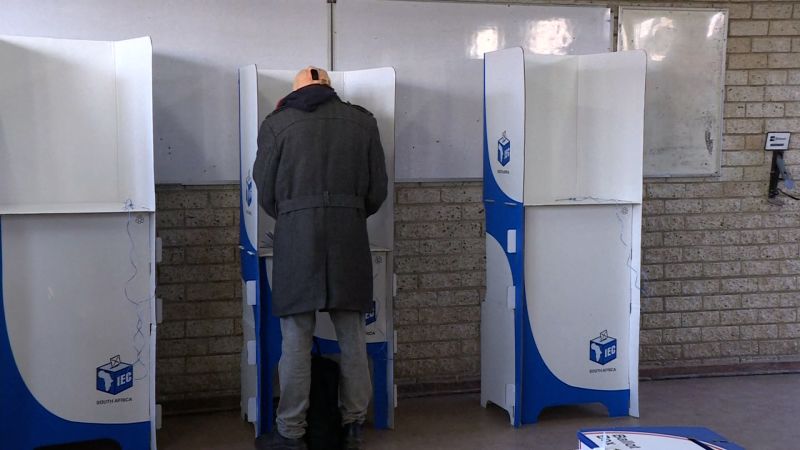The preliminary indications emanating from South Africa’s recent elections point towards the country experiencing the biggest political paradigm shift since the abolition of apartheid. As the first election results trickle in, there is a heightened anticipation, combined with an undercurrent of uncertainty, in the political landscape. This year’s election process has hitherto unveiled intriguing variations in voter perception and behavior, displaying a seismic shift in political allegiances.
South Africa’s African National Congress (ANC), the revolutionary party that led the struggle against apartheid, has been the dominant political group since the country’s move towards multi-racial democracy in 1994. However, the ANC’s slide in popularity over the last decade, marked by accusations of corruption and declining public trust, has been laid bare in these recent polls.
The first wave of results reflecting a disappointment with the ANC flies in the face of conventional wisdom that historically viewed the ANC as the inviolable torchbearer of South African political dynamics. A combination of grassroots disillusionment, impatience with the pace of change, and accusations of high-level corruption besetting senior leadership, has gradually eroded the fundamental trust and loyalty that the South African populace has towards the ANC.
A startling revelation is the rise of opposition parties. These parties, which were earlier perceived as ancillary in South Africa’s polity, have harnessed the public disillusionment and have propagated their respective campaigns with a renewed fervor and optimism. The Democratic Alliance (DA) and the Economic Freedom Fighters (EFF), two of the largest opposition parties, seem to be acquiring increasing support, thereby heralding a new chapter in South African politics.
The DA’s push for liberal economic policies, stronger institutional checks on power, and focus on good governance has resonated with the urban middle-class electorate. On the other hand, the EFF’s radical left-wing agenda promising land reclamation and nationalization of key industries has gained traction among the economically marginalized sections. This dichotomous growth has marked a significant shift from South Africa’s historical singularity in political preference.
Moreover, independent candidates and regional parties are also seen gaining substantial momentum, breaking the traditional duopoly of ANC and DA. This is particularly evident in the urban townships and rural regions, reflecting a newfound acceptance of smaller parties that cater directly to localized issues.
The on-going vote count not only attests to the fluid priorities of South African voters but also signifies the expansion of this democracy, marked by increased political competitiveness and a shift away from monolithic party dominance. The rise of these alternative political powers has added a layer of complexity and competition, thus fostering the likelihood of coalition politics in the future South African scenario.
These initial results may reverberate across the nation and beyond, possibly leading to a reassessment of policy priorities, as well a reassessment within ANC’s leadership itself. Corporate governance measures and anti-corruption policies may take center stage, as the results point towards a desire for greater transparency and accountability from political entities. This is an essential democratic process as it will enable the leadership to course-correct and regain the trust of the people in the face of contemporary challenges.
The unpredictability of this election season, with its marked departure from historical voting trends, underlines that the South African electorate is more discerning and demands more from its political leaders. South Africa’s ongoing electoral episode signifies a progressive move towards a more diverse political system, encapsulating a broader spectrum of ideologies and interests.




